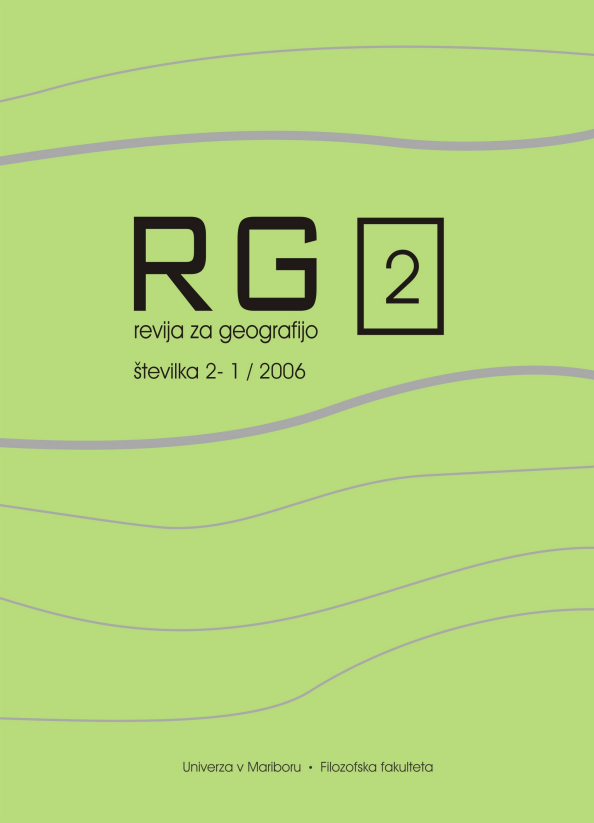The exploitation and opportunities of tourism potential of regions lagging behind in South-Transdanubia
DOI:
https://doi.org/10.18690/rg.1.2.2898Keywords:
lagging regions, tourism potential, opportunities, exploitationAbstract
If we have a look at the „negative regions” or in other words the regions lagging behind in Hungary, we can distinguish between external and internal peripheries. The external peripheries are associated with border areas, the internal ones with agricultural activities. In these micro regions unemployment rate is above the national average, income position is below the average, the share of foreign capital and entrepreneurial activity is low. Those micro regions facing the problems of bordering areas can be found at almost every bordering areas except for the western region, while the ones facing the sectoral problems of agriculture dominated areas (internal peripheries) can be highlighted in South-Transdanubia (Baranya, Somogy and Tolna counties), or North East Hungary (Hajdúság). Most of these regions though are rich in natural and cultural resources (national parks, protected natural areas of course due to their bordering function they have not been disturbed by economic activities) which may offer opportunities for tourism. The appearing problems of development include the poor infrastructure of the towns and villages, the higher than average ratio of poverty ridden residential areas and the low standard of community services and public utilities.
In our study we chose two micro regions with characteristic features to demonstrate the problem on a micro regional level.
Downloads
References
Agrárstruktúra- és Vidékfejlesztési Program – Marcali kistérség 2004, Marcali
Agrárstruktúra- és Vidékfejlesztési Program – Barcsi kistérség 2004, Barcs
A Dél-Dunántúli Turisztikai Régió Turizmusfejlesztési Stratégiája
A Dél-Dunántúli Régió Turizmus Stratégiai Fejlesztési Programja, 2006.
KSH adatbázisai (Central Statictical Office database).
Somogy Megye Turizmusfejlesztési Koncepciója 2003.
Az Országgyűlés 97/2005. (XII. 25.) OGY határozata az Országos Területfejlesztési Koncepcióról
Downloads
Published
Issue
Section
License
Copyright (c) 2006 Mónika Berki, János Csapó

This work is licensed under a Creative Commons Attribution 4.0 International License.
